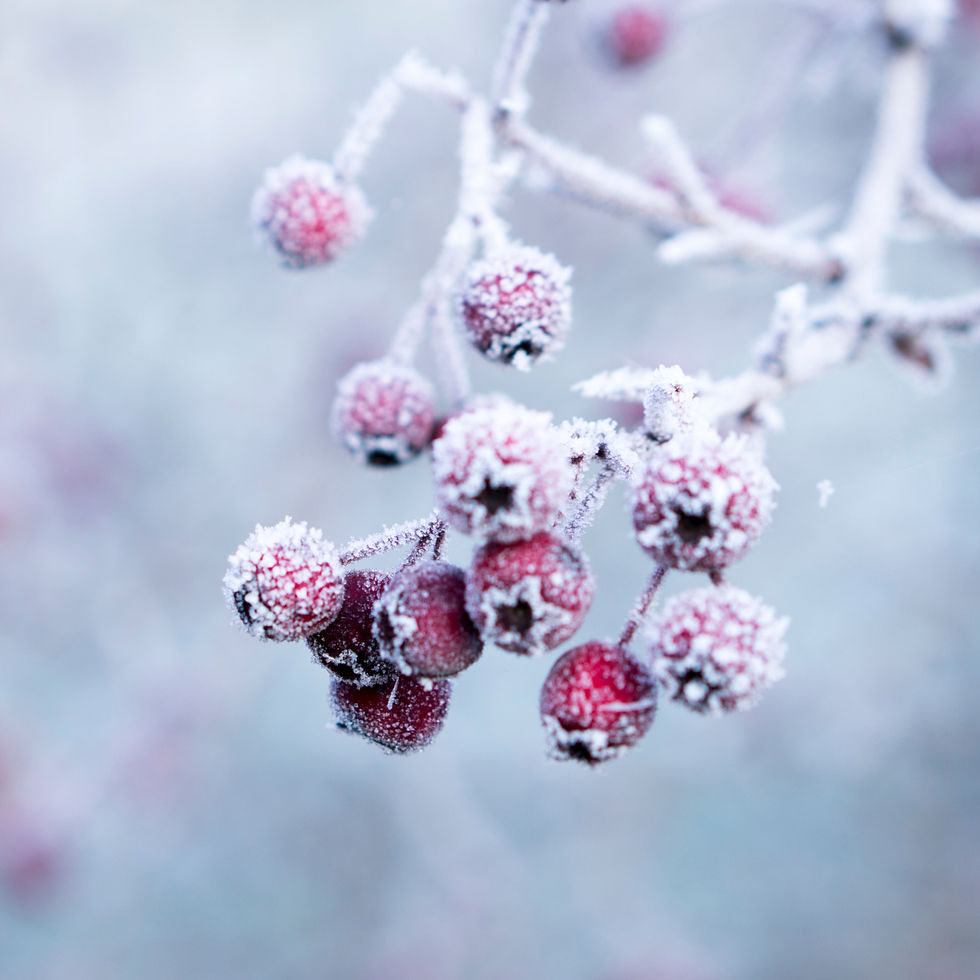Winter is Coming
- Rachel Amy

- May 13, 2021
- 3 min read
How to Mentally Prepare for the Season

While I’m not a huge fan of the TV series Game of Thrones, the motto of House Stark is vivid.
“Winter is coming!”
In the series, it evokes a sense of foreboding. Winter brings with it forceful darkness, harsh cold and dangerous enemies. The motto is a way for House Stark to stay vigilant, a constant reminder to be as prepared as possible.
Winters here in Newcastle are by comparison mild. But we too can prepare for the darkest season.
During Winter we experience:
Less sunlight and shorter days
Cold and harsh outside conditions
Attempts to control indoor conditions and body temperature
Less social gatherings
More need, and cravings, for comfort and warmth
These impact particularly on our circadian rhythm and our biochemical balance. This means that during Winter many people start to feel sad, flat or lethargic. Some people will feel this change more than others. Those that are already experiencing low mood, mental-ill health, depression, or anxiety, are likely to feel it the most.
Experiencing depressive symptoms during Autumn and Winter is called Seasonal Affective Disorder (or SAD). Often the symptoms start mild and get worse as the season progresses, however they improve at the beginning of Spring and Summer. SAD symptoms range from mild to severe and are similar to depression. They include:
Fatigue and sleeping too much
Feeling sad, depressed, worthless, and/or guilty
Lack of energy and interest in normal activities
Difficulty thinking, concentrating and making decisions
Changes in appetite, particularly cravings, overeating and gaining weight
Considering death and suicide
If you are experiencing any of these symptoms, help is available. Please reach out and talk to someone who can help you.
So what can we do to mentally prepare for Winter and reduce SAD symptoms? Here are five ways to prepare:
Movement Routine
Keeping physically active during Winter is important for your mental and physical health. Physical activity works like medication to improve and normalise neurotransmitters in the brain. It increases serotonin, dopamine, and norepinephrine. These neurotransmitters are typically low in people suffering from mental ill-health, including depression and anxiety.
Have you got a movement routine in place? This month’s challenge is a Movement Practice, so check it out for some daily inspiration. Also, think ahead and make sure that you have appropriate equipment and clothing to stay active when it is cold. Do you need a jacket? New shoes? Warmer socks? What about waterproofing? Consider how to protect and comfort yourself against the cold, and you will be much more likely to get out there!
Light Exposure
When we are exposed to natural sunlight it triggers the release of serotonin in the brain. Serotonin is associated with improved mood and a sense of calm and focus. During Winter when we experience less sunlight, we also produce less serotonin. With a lack of serotonin, we can begin to feel flat, anxious and unfocused. So how can we increase the amount of sunlight we experience during Winter?
When the sun is shining make it a priority to get out and enjoy it!
Even when the sun is not shining, try getting outside to increase natural light exposure
Make your house as light as possible during Winter, and sit close to the windows at home and at work when you can
Using a special light therapy box 20-30 mins a day can be a way to increase your exposure to bright light and increase serotonin
Supplements (Vitamin D)
Less sunlight during Winter also means our bodies produce less Vitamin D. Make sure to check with your doctor before starting any supplements but consider talking to them about taking Vitamin D during the dark season. Not only is it important for general health and immunity, but it is also important for bone strength, nerve health and mood regulation.
Social Connections
When it is cold outside most people want to cosy up and stay in. This means that there are fewer social opportunities. However social connections are essential to our mental health and sense of well-being. With this in mind, make it a priority to connect with friends and family despite the weather. Hosting dinner parties, movie or games nights, a bonfire, or indoor table-tennis tournaments, can go a long way to getting us through the season.
Talk Therapy
Talking to a trained therapist through Winter can also help improve your mood and outlook. Having a professional to talk to about what is happening can help you to cope, find solutions, and gather support. You don’t have to walk alone.
“Winter is coming!”
What will you do to prepare?



Comments